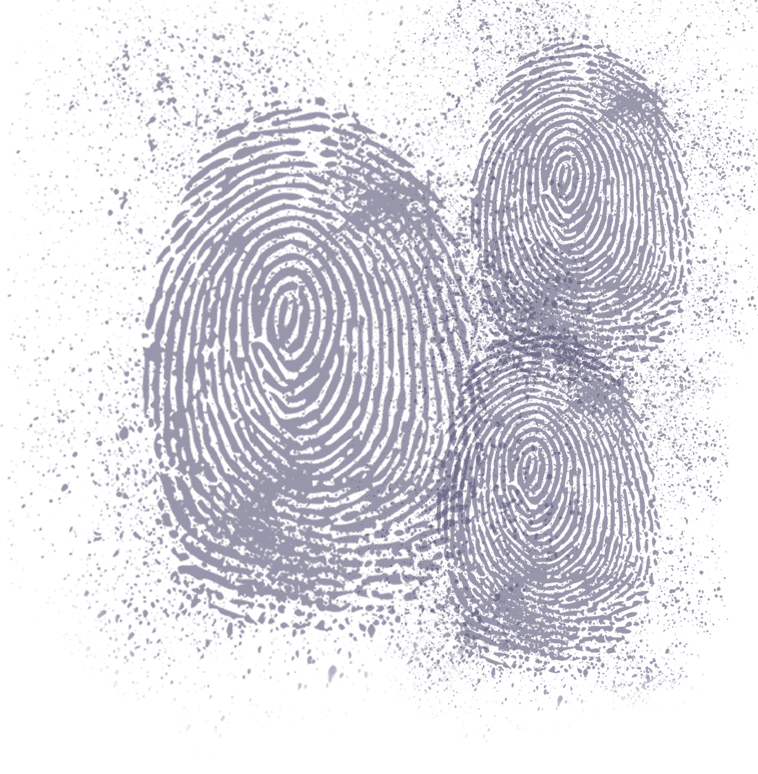
Overland Park Cybercrimes Lawyer
Defense for Charges Involving Internet Fraud, Identity theft, Credit Card fraud, Computer Hacking & Phishing
According to Kansas Attorney General Schmidt, “Crime in the 21st Century is increasingly committed online, evidence is digital, and traditional jurisdictional boundaries become blurred in cyberspace.” Technology has become integrated into almost every aspect of our lives, and cybercrimes have skyrocketed as a result. Nowadays, everything can be found online, making it easier for people to commit cybercrimes. This has caused law enforcement to crack down on offenders; unfortunately, these crack downs are also being applied in situations where the ‘offender’ committed a cybercrime unknowingly and/or unintentionally.
If you’ve been charged with a cybercrime, otherwise known as a computer crime, you need to consider how this accusation may damage your reputation and your future opportunities for a new career, housing, and more. This crime is notorious for its frequency and detrimental impact on victims’ lives, which is why Kansas law does everything it can to punish alleged cybercrime offenders harshly. If you’ve been accused, you need the dedicated, award-winning attorney at our firm to defend and protect your rights in court.
Cybercrime Laws & Penalties in Kansas
Internet fraud includes computer hacking, computer phishing, credit card fraud, and identity theft, all of which are illegal. You may be convicted of unlawful acts involving computers if you are found guilty of any of the following:
- Knowingly and without authorization access and damage, modify, alter, destroy, copy, disclose or take possession of a computer, computer system, computer network or any other property;
- Using a computer, computer system, computer network or any other property for the purpose of devising or executing a scheme or artifice with the intent to defraud or to obtain money, property, services or any other thing of value by means of false or fraudulent pretense or representation;
- Knowingly exceed the limits of authorization and damage, modify, alter, destroy, copy, disclose or take possession of a computer, computer system, computer network or any other property;
- Knowingly and without authorization disclose a number, code, password or other means of access to a computer or computer network; or
- Knowingly and without authorization access or attempt to access any computer, computer system, computer network or computer software, program, documentation, data or property contained in any computer, computer system or computer network.
Computer Hacking & Phishing Facts
Computer hacking is used to gain information that you normally do not have permission to access. Computer phishing is a scam that involves the use of fake yet “official-looking” messages and links to obtain personal information such as credit card and bank details, as well as usernames and passwords. This scamming method is widely used and entraps victims quite easily, making them think they are receiving a real text or email from their bank, or another legitimate organization.
Those convicted of hacking and phishing could face a misdemeanor or felony charge depending on the type of computer crime committed and the victim’s monetary loss:
- Severity level 8, nonperson felony: Monetary loss to the victim(s) is less than $100,000.
- Severity level 5, nonperson felony: Monetary loss to the victim(s) is more than $100,000.
- Class A nonperson misdemeanor: Monetary loss to the victim(s) is less than $1,500.
Identity Theft Facts
The law defines identity theft as obtaining, possessing, transferring, using, selling or purchasing any personal identifying information, or document containing the same, belonging to or issued to another person, with the intent to defraud that person, or anyone else, in order to receive any benefit.
Identity fraud is:
- Using or supplying information the person knows to be false in order to obtain a document containing any personal identifying information; or
- Altering, amending, counterfeiting, making, manufacturing or otherwise replicating any document containing personal identifying information with the intent to deceive.
If convicted, you may be charged as such:
- Severity level 8, nonperson felony: Monetary loss to the victim(s) is less than $100,000.
- Severity level 5, nonperson felony: Monetary loss to the victim(s) is more than $100,000.
Credit Card Fraud Facts
Kansas law defines criminal use of a financial card as committing any of the following acts with intent to defraud and obtain money, goods, property or services:
- Using a financial card without the consent of the cardholder;
- Using a financial card, or the number or description thereof, which has been revoked or canceled; or
- Using a falsified, mutilated, altered or nonexistent financial card or a number or description thereof.
Criminal use of a financial card is a:
- Severity level 7, nonperson felony: The money, goods, property or services obtained within any seven-day period are of the value of $25,000 or more;
- Severity level 9, nonperson felony: The money, goods, property or services obtained within any seven-day period are of the value of at least $1,000 but less than $25,000; and
- class A nonperson misdemeanor: The money, goods, property or services obtained within a seven-day period are of the value of less than $1,000.
Contact Our Cybercrimes Defense Attorney Today!
If you have been charged with a cybercrime, we need to get started on defending your criminal case right away. The law does not treat these offenses lightly, as they are more prevalent these days and often result in significant damage to the victims.
In 2019, the Kansas Bureau of Investigation received increased funding to strengthen law enforcement’s ability to identify and convict cybercrime offenders, meaning there is a better chance you may be prosecuted if you don’t retain our legal counsel.
At Gigstad Law Office, LLC, your future is safer in our hands. Contact us online or call our cybercrimes lawyer at (888) 387-2036 for a free consultation!

-
What Our Clients SayOur clients share their stories about what happened and how we helped.
-
About Our AttorneysWe're here to protect your legal rights and defend your future.
-
Our FAQ'sYou Are Probably Asking Yourself Some Questions

Testimonials
Client-Centered Legal Represntation
-
"Robert Was Excellent to Work with"Robert was excellent to work with. I have known him for many many years and he was very professional. He took care of me in a timely manner and also answered any questions I had.Lindsay
-
"I Would Highly Recommend Giving Robert a Call"Robert was very easy to work with. He took care of my speeding ticket for a very reasonable fee and had the ticket amended down to a non-moving violation so no points against my drivers license or insurance rate increases. If you have a speeding ticket in the KC area that needs to be dealt with, I would highly recommend giving Robert a call.Mat
-
"Robert Was Able to Handle Our Case with the Utmost Professionalism and Discretion"Robert was able to handle our case with the utmost professionalism and discretion. He took the time to outline any and all appropriate courses of action, demonstrating what I viewed as a superior consultative prowess. I was very appreciative of his aid, and would highly recommend him to my family and friends.Adam
-
"Robert Was Able to Get My Case Dropped"I had just had my second DUI and I thought I was in big trouble. Since it was a 2nd I thought I was definitely going to jail, but Robert was able to get my case dropped. I could not believe it!Casey
-
"Robert Gigstad Did a Great Job Helping Me out"This was the first time I needed legal advice. Robert Gigstad did a great job helping me out. He walked me through everything and was always available the entire time. I highly recommend Robert Gigstad.Tyler
-
"Robert Was Extremely Helpful and Great to Work With!"My dad has used Robert for several moving violations in the past and recommended that I give him a call for a speeding ticket of my own. Robert was extremely helpful and great to work with. He successfully got my speeding ticket reduced to a non moving violation.Happy Client
-
"Robert Gigstad Is a Good down to Earth Attorney"Robert Gigstad is a good down to earth attorney. He helped my daughter with her case which included transporting and open container and a DUI. He was very reasonable on the cost too which we were extremely thankful.Anthony
-
"Robert Gigstad Was Extremely Helpful and Thorough in Handling My Case"I got an MIP and Fake ID charge in Lawrence and Robert Gigstad was extremely helpful and thorough in handling my case. He always got back to me in a timely manner and kept me informed throughout the whole process, I got diversion for both charges so they will not be on my permanent record.Kelly

-
DISMISSED STATE OF KANSAS V. J.M.
-
DISMISSED CITY OF OVERLAND PARK V. H.C.
-
Dismissal City of Gardner v. J.V.
First-time DUI dismissed after Attorney Josh Zarse highlighted significant issues in the case.
-
Dismissed before Trial. State of Kansas v. G.E.
1st Time Drug DUI & Speeding. Dismissed before Trial.
-
All Charges Dismissed City of Roeland Park v. B.T.